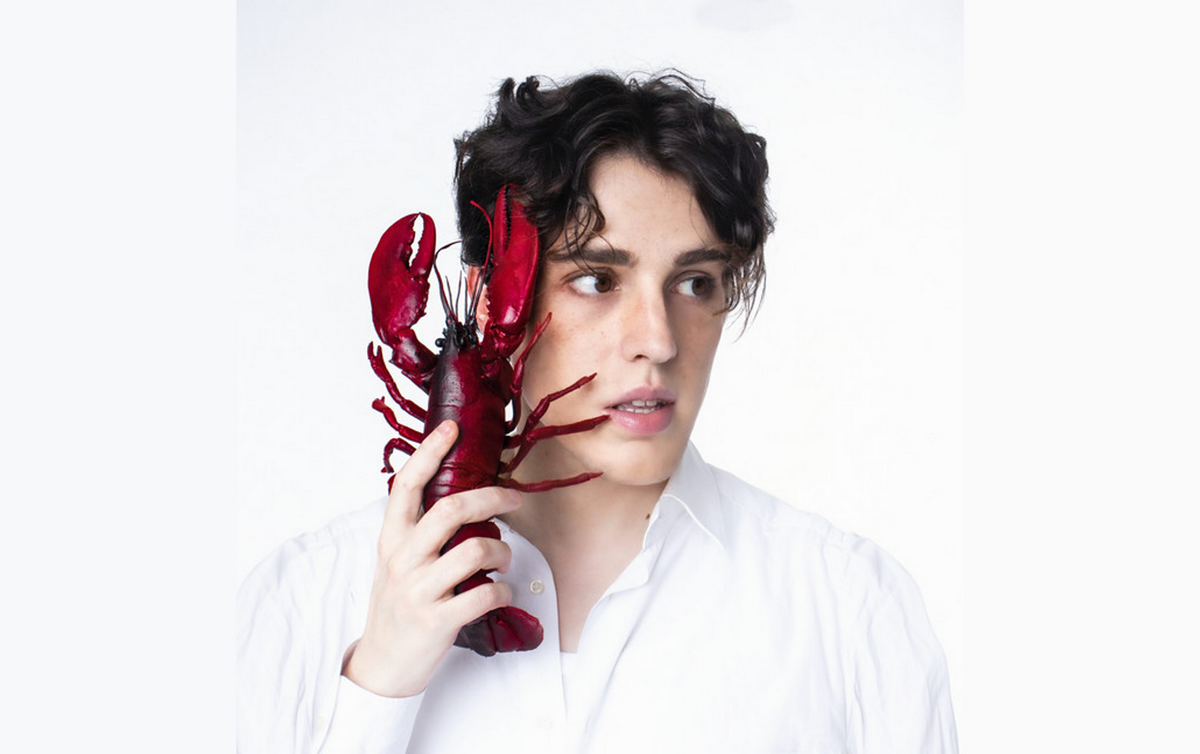Column by Miloš Mihajilica
Serbia calling

After last year’s victory of Konstrakta at the Pesma za Evroviziju and her 5th position at the Eurovision Song Contest final in Italy, all eyes of the Serbian public were focused on this year’s national festival, where as many as 16 participants competed in the grand final.
One thing was noticeable: many new, young artists showed considerable courage, talent, and attitude that many popular singers in our region do not have. As every year, a couple of favorites were singled out, which were also discussed a lot in the media days before the final itself, but no one could predict with certainty who would be the representative of our country at the competition in Liverpool this year.
The winner was chosen by the expert jury, giving 50% of the votes, while the other half of the votes came from the audience. After an unusual vote by the jury, the votes of the audience decided that the successor of Konstrakta at this year’s Eurovision would be Luke Black with the song Samo mi se spava (I only wish to sleep).
Young musician Luka Ivanović, better known as Luke Black, has been in the music industry since 2012 and has released three EPs during this time. An interesting fact is that he was shortlisted in 2016 to possibly represent Serbia at Eurovision but didn’t end up doing so.
As the title of the song says, Luka wanted to show with his message and performance that, unfortunately, in a world full of bad things and troubles, people choose to close their eyes and sleep through what is happening, also alluding to the coronavirus pandemic, during which the artist wrote this song.
It seems that last year’s victory of the song In Corpore Sano by Konstrakta encouraged many artists in Serbia to take a new direction in music and to express criticism towards the state of society we live in today, which you have to admit is extremely brave, especially when it comes from the younger generations who seem bolder and ready to fight for their rights and vision.
After the victory, Luke Black expectedly faced criticism from the Serbian media and certain public figures who assessed his performance as satanic, as something that cannot represent “Orthodox traditional Serbia” at any cost. Konstrakta received similar condemnations last year, but what is commendable is that despite all that, Serbia showed that it still appreciates something that is outside the comfort zone, more conceptual, and different from the bad musical taste that has unfortunately become mainstream.
Konstrakta encouraged many artists in Serbia to take a new direction in music and to express criticism towards the state of society we live in today
Can Luke Black repeat last year’s success?
First of all, it is important to point out that as much as some circles in Serbia say that Eurovision is an irrelevant competition that brings nothing to our country, in reality, it is not so.
The very fact that the previous final of this competition in Turin was watched by as many as 2.5 million people in front of TV screens in Serbia, shows that people are interested in this kind of show and that those patriotic emotions are still triggered on the night of Eurovision when we show the desire in each of us to achieve the best possible placement and for Europe to hear the Serbian language.
Serbia has enjoyed success in the Contest since its debut; it has only failed to qualify to the Grand Final 3 times, missing out on a spot in the Grand Final by a small margin on each occasion and when Serbia won the 2007 Eurovision Song Contest, it became only the second country to win the competition with a debut entry since Switzerland’s victory at the very first Eurovision Song Contest in 1956.
After a few years of poor success in the grand final, Konstrakta managed to enter the top 5 last year, after which the public in Serbia welcomed her as a true winner and as someone who additionally regained interest in the grand competition.
The song Samo mi se spava is quite conceptual, as was the performance that accompanied the song at this year’s national festival, so it is possible that a certain group of expert judges at Eurovision will not like it, bearing in mind that they prefer classic pop compositions that have a certain structure and big vocal moments.
What is new this year is that in the semi-final evenings, only the votes of the audience decide who will pass to the Grand Final, and taking into account the reactions of fans from abroad, the Serbian representative has a great chance of repeating last year’s success.
There is still a little time left until the month of May when the 67th Eurovision Song Contest takes place. In the meantime, Luke Black announced a surprise performance in Liverpool that will surely generate interest in Europe and show that a country like Serbia has something to show and send a strong powerful message that we should wake up and let our voice be heard.